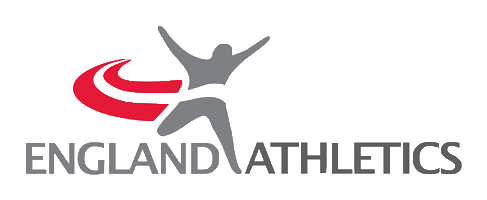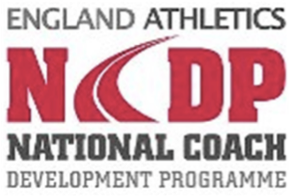What is mentoring?
The word Mentor can be traced back to Greek Mythology. A mentor is a wise person, who shares knowledge with a less experienced colleague. For example, the experienced mentor passes on knowledge to a less experienced coach so that the less experience coach can become a better coach. However, mentoring is not all about sharing the mentor’s experience or giving precise instruction how to become more successful.
The role of the mentor is more about helping and supporting the mentee in his/her learning and to help the mentee to achieve their goals. The relationship between coach mentor and mentee is not lead by the coach mentor, it is lead by the coach mentee.
The role of coach mentor is to ask open question to facilitate a two-way dialogue and therefore help the mentee to maximise learning.
What is coach mentoring?
Coach Urban is part of the England Athletics (EA) Coach Mentoring programme. The EA mentoring scheme is targeted towards athletics coaches making the transition from a general athletics (UKA Level 2) coach to an event specific (UKA Level 3) coach.
The coach mentoring programme consists of two tiers the Local Coach Development Programme (LCDP) and the National Coaching Development Programme (NCDP). The National Coach Mentoring programme consists of a number of senior mentors overlooking the event specific coach needs on a national level. Each National Coach Mentor is supported by a number of Area specific coach mentors. the ACMs maintain a channels into the NCM and work more closely with coaches within the regions by organising seminars, talks, 1:1 sessions and round-table discussions.
The LCDP for endurance is overlooked by a coach on the NCDP and coaches on the LCDP are encouraged to pass on the knowledge they have obtained by mentoring aspiring endurance coaches. The LCDP is not a development programme for coaches new to coaching. Coaches on the programme should have gained first coaching experience in the club environment, either as an assistant coach or lead coach. The coaches on the LCDP should have practical experience and seeking to deepen their technical understanding of the event and broaden their coaching competences.
Within England Athletics LCDP Coach Urban can help by taking on up to two coaches, i.e. mentees a year. Coach Urban would acts as a mentor and would help the mentee to establish a personal development plan which will help to meet the mentees objectives. The England Athletics scheme is voluntarily and free of charge. As previously benefited from the programme it is about sharing and passing on knowledge to aspiring coaches.
The programme as such does not follow a rigour process. However, the programme should be driven by the mentee and meet the ground rules as laid out within EA Mentoring Guide.
What does coach mentoring involve?
The coach mentor and coach mentee relationship is unique and is driven by the coach mentee’s needs. This means there is no fixed agenda or prescriptive process to follow. Coach mentoring is not not focussed on the athletes and the coach mentee’s athletes. Coach mentor will liaise with the coach mentee only.
The coach mentor/mentee is an open and flexible arrangement, entirely focussed on the coach mentee’s needs and goals. However, there are some fundamental tools which can help the coach mentor to work more effective with the coach mentee and therefore help to maximise the learning experience.
For example, as a coach mentor, Coach Urban will:
- Observe the mentee coach in their own coaching environment.
- Conduct a technical needs analysis (TNA) for the mentee coach.
- Facilitate and promote individual mentee coach development plan.
- Work towards mutually identified targets of the mentee coach.
- Contact the mentee coach at least once per month.
- Provide up to three face-to-face meetings per year for at least 1h.
- Cascade relevant coaching best practices from the NCM to the mentee coach.
- Liaise with CCSOs, ACMs and NCMs to maximise the mentee coach’s learning opportunities.
What are the benefits of being mentored?
- Direction – Be more clear where you are going as a coach.
- Creativity – Having a sounding board to bounce off ideas.
- Synergy – Have someone challenge your thinking.
- Competency – Become more knowledgeable and insightful as an endurance coach.
- Self-Awareness – Be more aware about your own coaching style and how your athletes perceives you.
- Collaborative – Develop new synergies for yourself by working with a support network.
- Authentic – Find yourself, be more comfortable and true to your own coaching style.
- Pro-active – Help you to become a more pro-active learner.
- Ownership – Be in charge of your personal development plan.
- Self-responsible – Being more responsible and in charge of your own learning.
- Satisfaction – Be able to get more out of your coaching.
What’s next?
If you are an aspiring endurance coach willing to become a better coach, then please contact Coach Urban.
In case you are coaching outside of an England Athletics affiliated club environment, e.g. you are a triathlon coach wanting to improve the knowledge in running then Coach Urban can make a separate arrangement with you.


